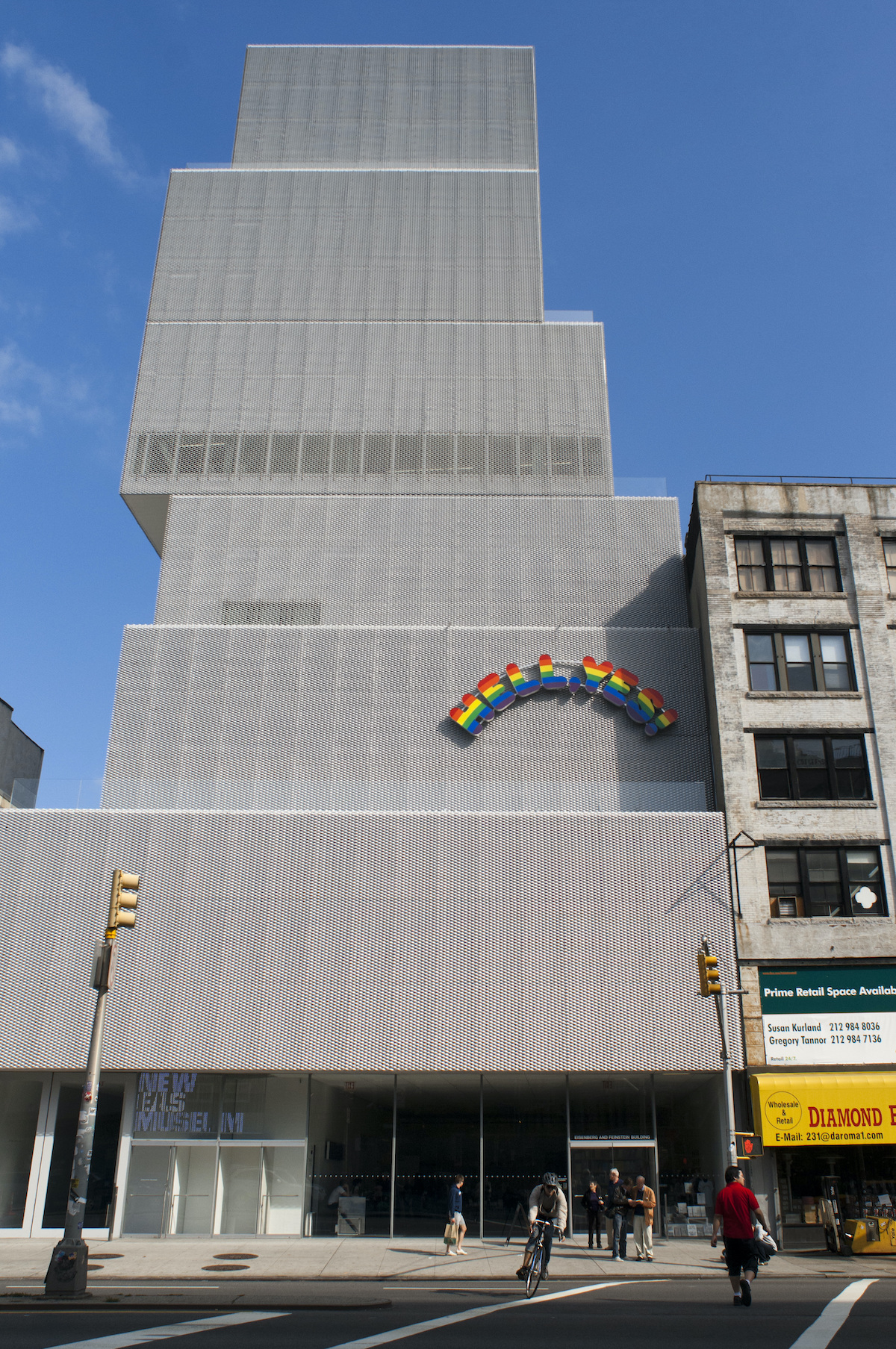Museum Directors Explain Controversial Decision to Delay Philip Guston Show
As an outcry continues to mount in response to the four-year pushback of a Philip Guston retrospective, directors of two its host institutions have explained their decision to postpone the show to 2024.
After issuing a joint statement with the leaders of the Museum of Fine Arts Boston and the Museum of Fine Arts Houston, which are among the four institutions scheduled to present the exhibition, the directors of the National Gallery of Art in Washington, D.C. and Tate Modern in London have said that the choice to delay the retrospective came amid tensions facing institutions in the U.S.
Previously, a National Gallery spokesperson told ARTnews that the museums were concerned about how works featuring KKK imagery were contextualized within the exhibition, which is being organized by four white curators. In the prior statement, the directors said that they felt it was “necessary to reframe our programming and, in this case, step back, and bring in additional perspectives and voices.”
In a letter published by the English newspaper the Times, which ran a piece decrying the decision to delay the show last week, Tate director Maria Balshaw and Tate Modern director Frances Morris claimed that the postponement was made mainly in response to a potential outcry faced by U.S. institutions. “Tate does not self-censor,” Balshaw and Morris wrote.
They continued, “For the U.S. institutions their very credibility among black and minority ethnic audiences is at stake. Proceeding on our own would not have been possible for financial and logistical reasons and would have been disrespectful to our partner museums.”
Additionally, on a Hyperallergic podcast released last Friday, National Gallery of Art director Kaywin Feldman said that her staff had raised concerns about showing the Ku Klux Klan works in the current climate. “In today’s America, because Guston appropriated images of Black trauma, the show needs to be about more than Guston,” she said. “We weren’t prepared for that. … An exhibition with such strong commentary on race cannot be done by all white curators.”
Criticism of the four organizing institutions came swiftly and has come from all corners of the art world. Musa Mayer, Guston’s daughter, released a statement in which she described being “saddened” by the delay, saying, “These paintings meet the moment we are in today.” Meanwhile, nearly 100 artists, including Nicole Eisenman, Joan Jonas, Julie Mehretu, Adrian Piper, Lorna Simpson, and Stanley Whitney, signed an open letter published by the Brooklyn Rail in which they castigated the museums for delaying the show, and Mark Godfrey, a curator organizing the Tate show, also decried his museum’s decision to not mount his exhibition in 2021 as planned. But some said the postponement felt fitting to the moment, at a time when the whiteness of many major institutions’ programming and staff is being protested.
Calling the show in its current form potentially “disrespectful” to its audiences, Feldman said, “We make statements [about institutional change], but it actually means also doing something different. Trying some things. We may not get it all right, but it’s a time to experiment.”
Published at Mon, 05 Oct 2020 18:35:52 +0000


